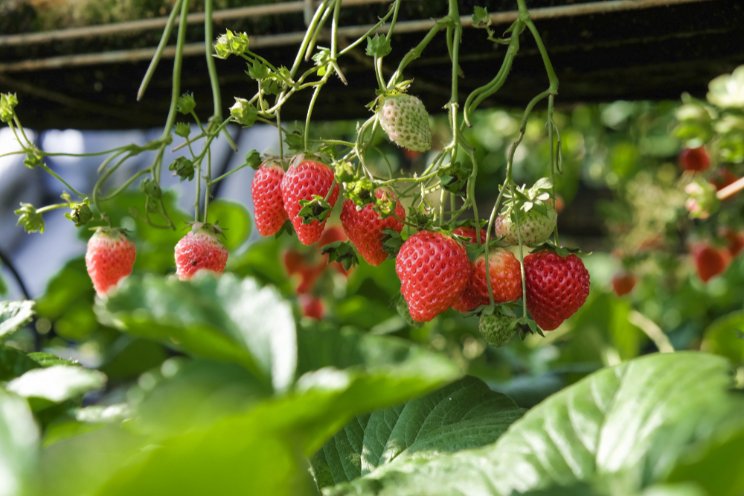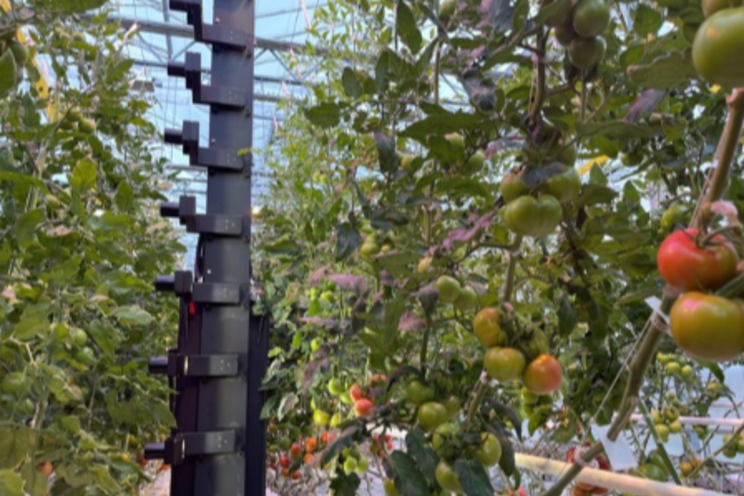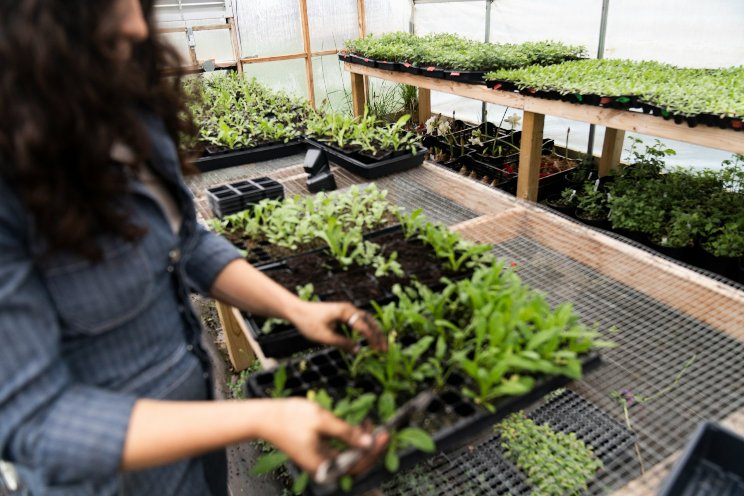The impact of a 3°C rise in frozen food temperatures
Added on 04 December 2023

This groundbreaking research, published in the report “Three Degrees of Change,” suggests that altering frozen food storage temperatures from -18°C to -15°C could save the equivalent carbon dioxide emissions of 3.8 million cars annually.
Professor Toby Peters from the University of Birmingham, a leading figure in the study, emphasised the critical nature of this finding. He stated, “Globally, 12% of food produced annually for human consumption is lost due to a lack of proper temperature management.
With an increasing global population and a rapidly warming planet reducing food production, it is of the utmost importance that we find ways to combat food loss to achieve global equitable food security. Freezing food is one such method, but we need to achieve this as energy efficiently and sustainably as possible.”
The research highlights that frozen foods, which reduce household food waste by 47% compared to fresh food categories, play a vital role in extending product shelf life and allowing for better consumption planning. Dr Leyla Sayin from the University of Birmingham added, “Increasing the temperature of frozen food by 3°C would make freezing food far less environmentally damaging.
Image by chandlervid85 on Freepik
More news















